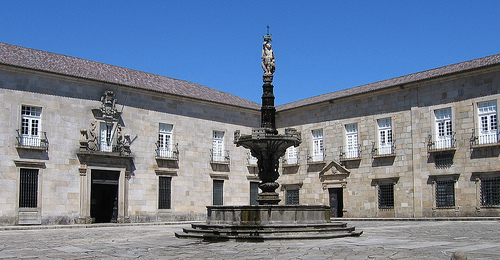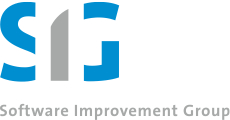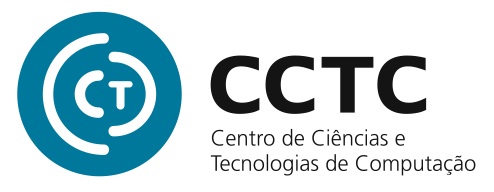GTTSE 2007Generative and Transformational Techniques in Software Engineering
|

The summer school is over. Have a look at the preface of the formal proceedings, published in Springer's LNCS series as volume 5235. The third edition of GTTSE will be organized in 2009. GTTSE 2007 is the second instance in a series of international summer schools on Generative and Transformational Techniques in Software Engineering. The first instance was held in 2005, see GTTSE 2005, and its proceedings appeared as volume 4143 in Springer's LNCS series. Call for participationScope and formatThe summer school brings together PhD students, lecturers, technology presenters, as well as other researchers and practitioners who are interested in the generation and the transformation of programs, data, models, meta-models, and documentation. This concerns many areas of software engineering: software reverse and re-engineering, model-driven approaches, automated software engineering, generic language technology, to name a few. These areas differ with regard to the specific sorts of meta-models (or grammars, schemas, formats etc.) that underlie the involved artifacts, and with regard to the specific techniques that are employed for the generation and the transformation of the artifacts. The tutorials are given by renowned representatives of complementary approaches and problem domains. Each tutorial combines foundations, methods, examples, and tool support. The program of the summer school also features invited technology presentations, which present setups for generative and transformational techniques. These presentations complement each other in terms of the chosen application domains, case studies, and the underlying concepts. Furthermore, the program of the school also features a participants workshop. All students of the summer school will be invited to give a presentation about their ongoing work. They will be asked to submit a title and an abstract beforehand. The senior researchers present at the summer school will provide the students with feedback on their presentations. All summer school material will be collected in proceedings that are handed out to the participants. Formal proceedings will be compiled after the summer school, where all contributions are subjected to additional reviewing. The formal proceedings will be published in the Lecture Notes in Computer Science series of Springer.Tutorials
Technology presentations
Participants workshopThere will be a workshop for the participating students. To this end, all students of the summer school will be invited to give a presentation about their ongoing work. They will be asked to submit a title and an abstract beforehand. The senior researchers present at the summer school will provide the students with feedback on their presentations.Topics
VenueThe summer school will be held in the northern region of Portugal, known as the Costa Verde. The region is known for its attractiveness in terms of climate, prices, and culture. The region is served by the Oporto international airport, providing direct flights to many major European cities. Porto airport is also reachable by a number of low budget airlines listed here. In any case, it is critical to make a flight reservation at your earliest convenience since the flight tickets get considerably more expensive as we are approaching real summer. The event will take place in Hotel da Falperra, situated in the hills overlooking the city of Braga. Hotel da Falperra is a four star hotel that provides splendid seminar and leisure facilities including a swimming pool. The hotel is situated in a quiet and somewhat isolated mountain area, which promotes the interaction between senior and junior researchers. The hotel has good connections to the Braga city center (approx. 10 min). For more information about the region and the city of Braga, try the following links:
Sponsors



| |
 Copyright © by the contributing authors. Ideas, requests, problems? Send feedback.
Copyright © by the contributing authors. Ideas, requests, problems? Send feedback.